Planning a freezer cleanout week is an excellent way to reduce food waste, save money, and make space for fresh groceries. This is a great way to focus on using up what you have buried in the freezer!
Here are some tips for planning out a successful freezer cleanout week.
Clean & Organize
Start by thoroughly cleaning and organize your freezer.
Begin by taking everything out and sorting everything, and making notes of expired and upcoming expiration dates.
Discard any items that are freezer burned, spoiled, or those that you realistically are not going to eat.
While the freezer is empty, give it a good clean. Wipe down the shelves, drawers, and walls, being sure to rinse and dry thoroughly.
Inventory & Prioritize
Take inventory of everything you have so that you can plan.
Create a list of items that are your biggest priorities, mainly those that are near expiration and should be used up first.
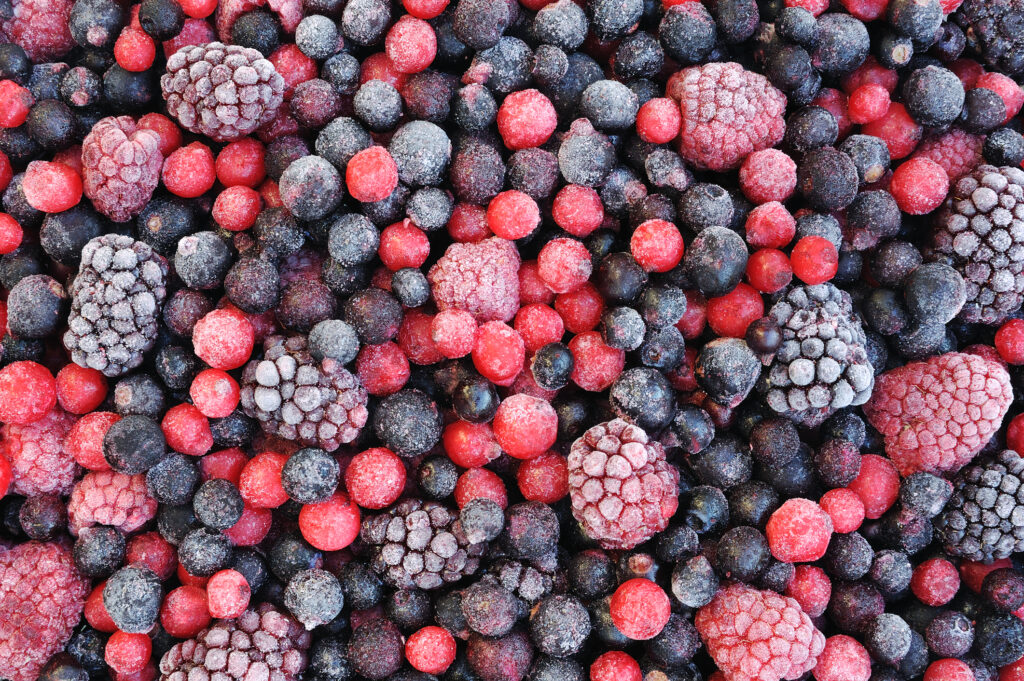
Plan Meals
Plan your meals for the week and beyond based on your freezer inventory.
Aim to create recipes starting with the ingredients that are expiring first. Go shopping, but buy as minimal food items as possible.
Consider batch cooking or preparing meals that can be made in large quantities and consumed over a couple of days.
This reduces cooking time and ensures that you efficiently use your freezer contents. For instance, if you have a lot of frozen vegetables, plan a few stir-fries, soups, or casseroles.
While planning your meals, be flexible and creative with your recipes — try new dishes and meals!
Make Freezer Meals
Part of using up freezer ingredients is that you can cook in bulk and have freezer meals prepped and ready for work, busy nights, and so on.
In conclusion, planning a freezer cleanout week involves thorough organization, detailed inventory tracking, strategic meal planning, and creative cooking. By focusing on using up what you have and minimizing new purchases, you can reduce waste, save money, and enjoy a week of varied and nutritious meals. This practice not only helps you manage your freezer more efficiently but also encourages mindful consumption and resourcefulness in the kitchen.





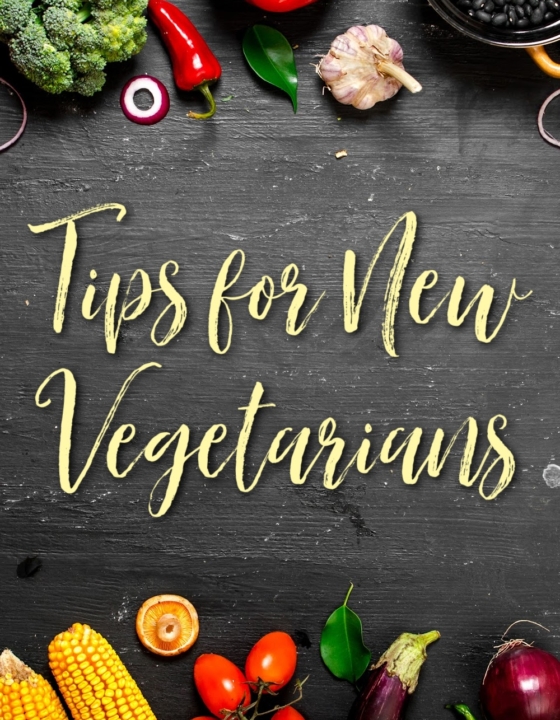

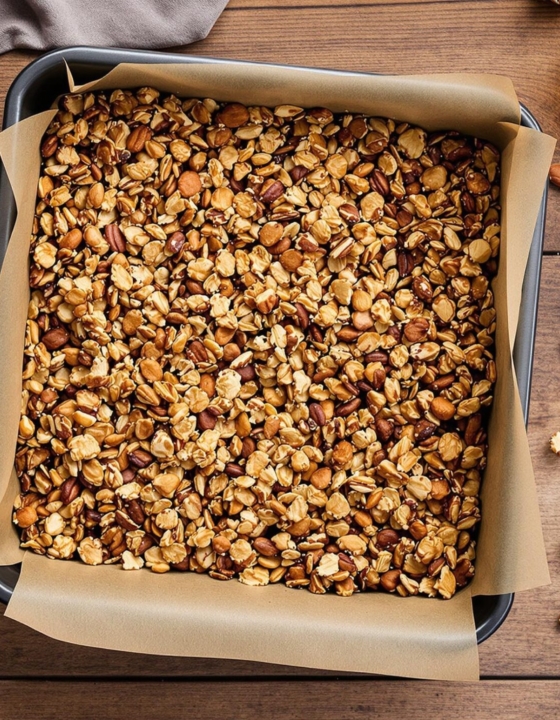
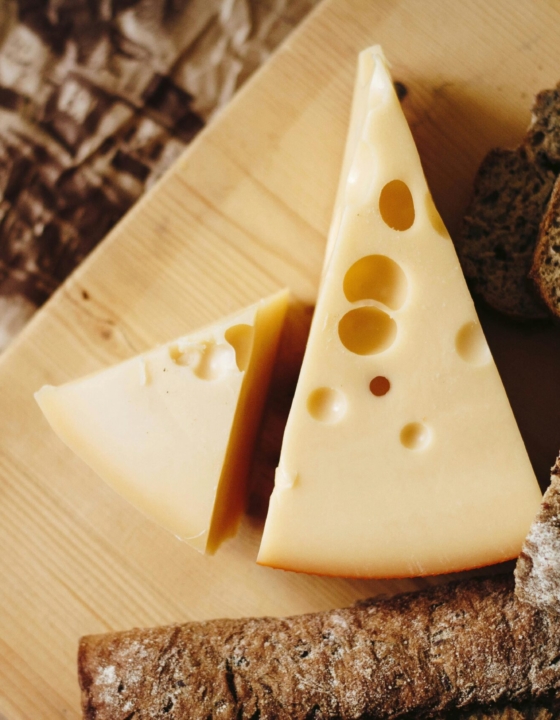
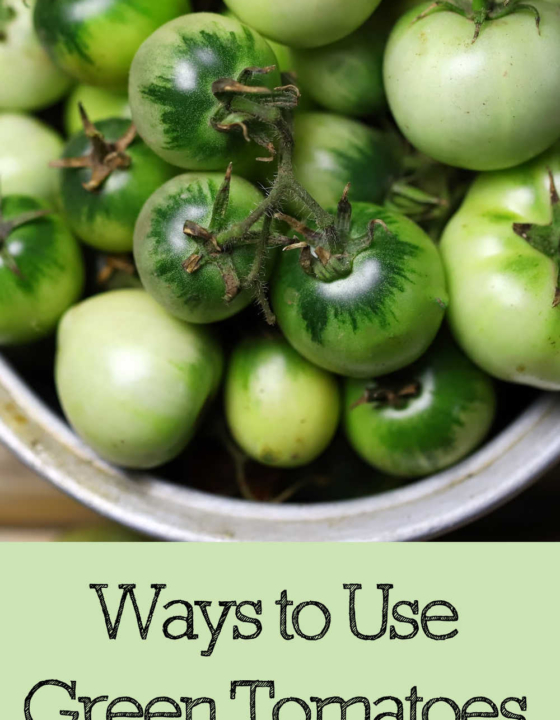
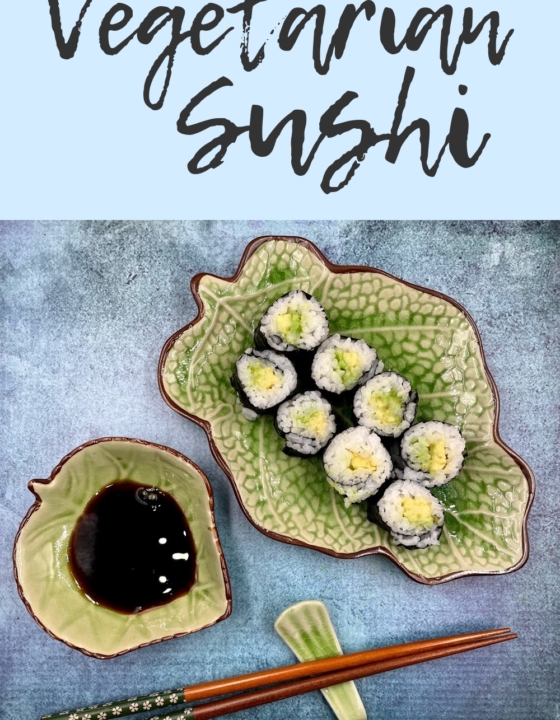
Amber Myers
December 18, 2024Oh gosh, I need to clean out my freezer, big time. It’s scary in the there at the moment. I do need to make some freezer meals!
Kathy
December 18, 2024I’ve done this many times before. Right now I’m doing a pantry challenge where I eat everything or at least close to everything in my home before I restock. Been doing it for almost a month already and it’s surprisingly going pretty well.
Melanie E
December 18, 2024Ha, that was great timing, I’ve not done a freezer clear out in quite some time. Luckily there isn’t much in there at the moment so it won’t be too hard a task. It helps to do it regularly. I also follow this up with cleaning out kitchen cupboards.
Christy G
December 19, 2024My deep freezer needs to be cleaned out so bad. I’ll probably wait until we have a super cold snap so I can throw out stuff. I’ve had food in that freezer way too long. Thank you for the reminder.
Mow De
December 19, 2024They are really good for storing bulk frozen foods (meat, vegetables, ready-made meals) for longer periods of time! Offer more space than a normal one too. I wonder which brand you go for..
Jen
December 19, 2024I’m in desperate need of a freezer clean out! These are great tips and a good project for me to tackle after the holidays so I can start the new year with a clean freezer.
Lavanda Michelle
December 19, 2024I just cleaned out my refrigerator and freezer this past weekend, and it is for sure a hassle. I always forget to clean out my freezer and it is very important to be sure to.
Nikki Wayne
December 20, 2024This is very timely. I will clean my freezer today too, I am afraid to have some microorganisms out there I should be more careful in this area.